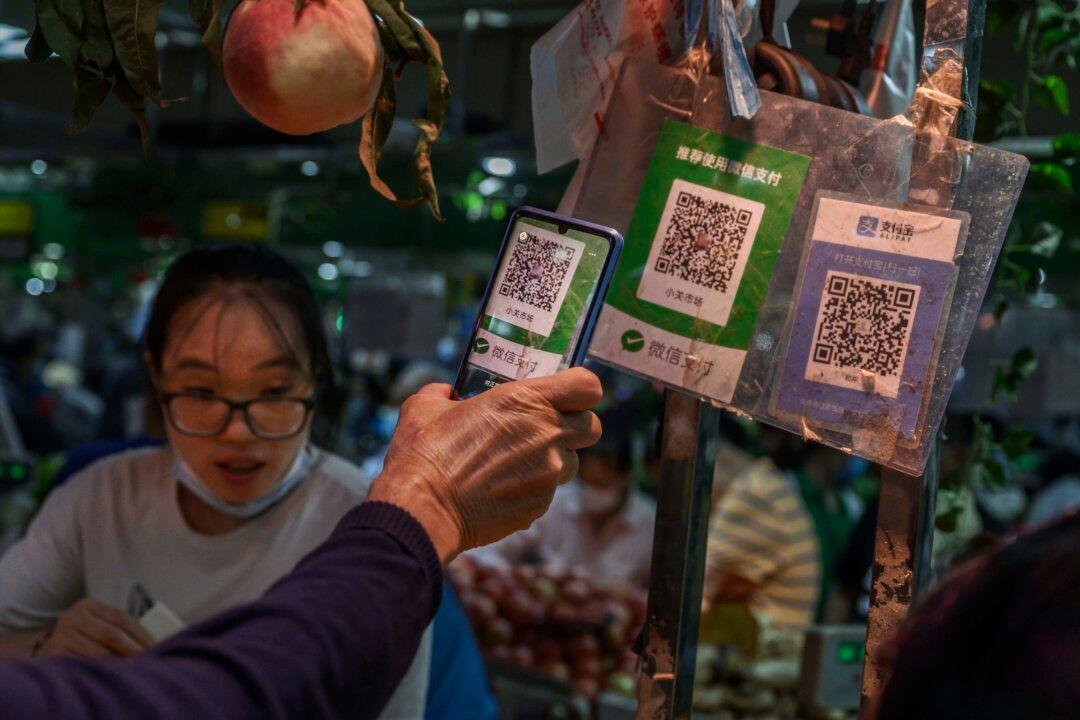China’s ambitions to establish the yuan as a formidable competitor to the dollar and to infiltrate U.S. payment networks pose significant threats to the American economy and security, warned Sen. Tim Scott (R-S.C.) and his Republican colleagues on the Senate Banking Committee.
The senators said China’s rapidly expanding payment networks could “undermine U.S. foreign policy, jeopardize Americans’ sensitive financial and consumer data privacy, and violate international trade practices.”





